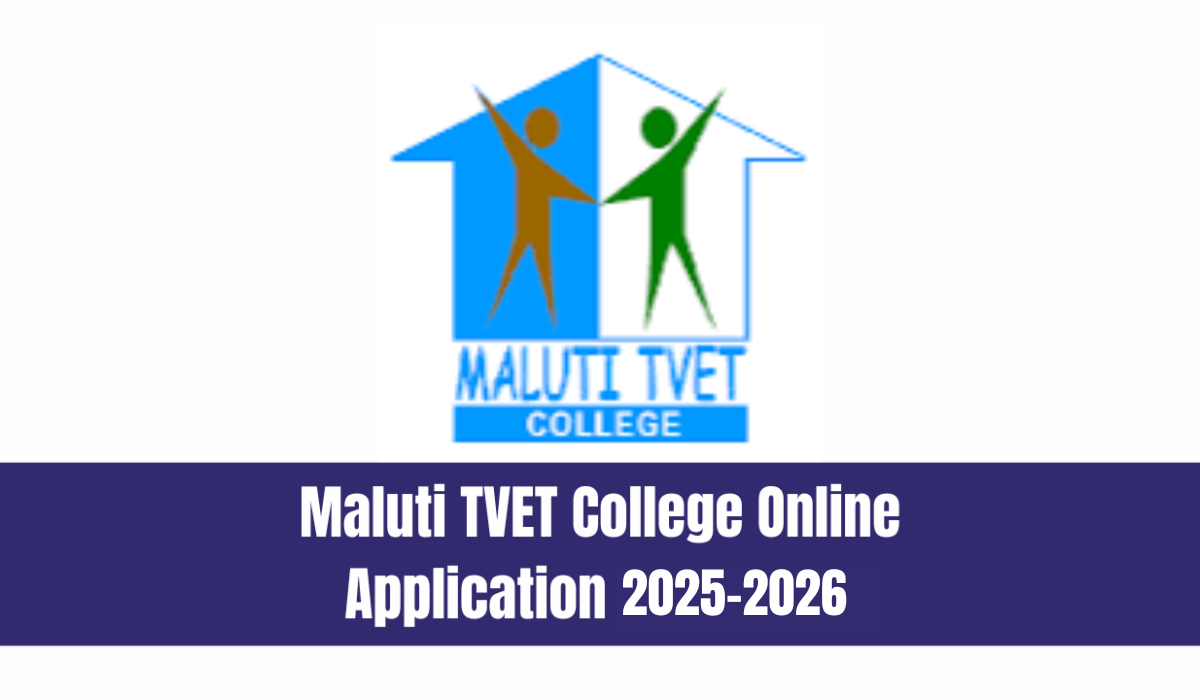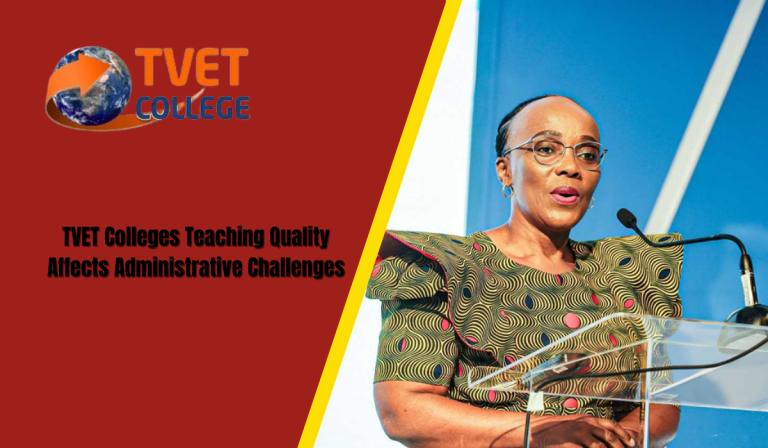Inauguration Of Four TVET Advisory Bodies

Inauguration Of Four TVET Advisory Bodies. The landscape of Technical and Vocational Education and Training (TVET) in Ghana continues to evolve, with the latest initiative aimed at ensuring that TVET graduates are well-prepared to meet the demands of the job market. In an effort to bridge the gap between industry requirements and educational outcomes, four new advisory bodies, known as Sector Skills Bodies (SSBs), were inaugurated in Accra, bringing the total to 16 since the program’s inception in 2019.
These newly established SSBs represent a significant step in aligning Ghana’s education system with the practical needs of the country’s industries. Comprising experts from various fields, the four SSBs—telecommunications; environment, sanitation and waste management; media and entertainment; and electrical, automation and electronics—will provide invaluable insights to the Commission for Technical and Vocational Education and Training (CTVET) in areas such as curriculum development, skills enhancement, and policies that promote a competitive workforce.
The Role of Sector Skills Bodies (SSBs)
Sector Skills Bodies are designed to act as advisory councils that bring together the expertise of industry players, academics, and policymakers. Their primary role is to ensure that the training provided through TVET institutions is in tune with current industry demands. As Ghana pushes for industrialization and the creation of more skilled jobs, these bodies will play a crucial role in guiding the development of TVET programs that not only teach relevant skills but also encourage innovation and adaptability in an ever-changing job market.
Since the introduction of SSBs in 2019, 16 such bodies have been inaugurated, and six more are planned for the near future. Each SSB focuses on a specific sector, ensuring that the advice given to CTVET is targeted and actionable. The recent inauguration of these four SSBs is a key milestone in expanding the scope of TVET across multiple sectors, particularly in areas like environmental sustainability and emerging technologies.
Government Commitment to TVET and STEM
At the heart of this push for a more industry-aligned TVET system is the government’s recognition of the importance of technical and vocational education, along with science, technology, engineering, and mathematics (STEM). Speaking at the inauguration event, the Deputy Minister of Education in charge of TVET, Professor Kingsley Nyarko, emphasized the importance of TVET and STEM as the driving forces behind Ghana’s economic growth.
“In this day and age, this country cannot continue to rely on the public sector to ensure our economic prosperity. Countries that are prosperous and developed invested heavily in TVET and STEM,” Professor Nyarko stated.
He highlighted several government initiatives aimed at boosting TVET, such as the Free TVET Education program and the refurbishment of existing institutions. Furthermore, the government plans to build 32 modern TVET institutions, nine of which are already under construction. These efforts are designed to accommodate the growing interest in vocational education, which has seen a remarkable rise in enrolment numbers.
In the 2023/2024 academic year alone, 60,000 students enrolled in government-run TVET institutions, representing a 300% increase from the 20,000 students enrolled in 2017. This surge is largely attributed to government interventions like the Free TVET initiative and the “MyTVET” campaign, which aims to change societal perceptions of vocational education.
Strengthening Industry-Academia Collaboration
One of the most significant challenges facing TVET institutions worldwide is ensuring that the education provided is relevant to the needs of the job market. Industry support is critical in addressing this challenge, and Professor Nyarko underscored the importance of collaboration between TVET institutions and industry players.
The establishment of the Sector Skills Bodies is seen as a solution to this challenge, providing a platform for continuous engagement between industries and educators. This collaboration will help ensure that TVET graduates possess the skills required to compete not only in Ghana but also in the global job market.
SSBs will also play an essential role in ensuring that the curriculum keeps pace with advancements in various sectors. With the rapid evolution of technology and environmental practices, it is crucial that students receive training that equips them with the latest skills and knowledge.
The Role of SSBs in Skills Training
Dr. Fred Kyei Asamoah, the Director-General of CTVET, highlighted the vital role that SSBs play in ensuring the success of TVET programs. “The launch of the Sector Skills Bodies is a critical step in formalising and strengthening these collaborations. SSBs will serve as a platform for continuous dialogue between industry and educators, providing real-time data on the evolving needs of the workforce,” he explained.
This real-time feedback will be key to ensuring that TVET institutions can quickly adapt to changes in the job market. By maintaining a close relationship with industry leaders, the SSBs can guide curriculum adjustments and recommend new programs or skills that need to be taught to stay competitive.
Future Prospects for TVET in Ghana
The inauguration of these four new Sector Skills Bodies marks another significant achievement in the government’s ongoing effort to elevate the status and impact of TVET in Ghana. As the country continues to industrialize, the need for skilled workers will only grow, and TVET is positioned to be the driving force behind this growth. The collaboration between industries and educational institutions facilitated by the SSBs will be instrumental in ensuring that Ghana can meet this demand with a workforce that is well-prepared, innovative, and adaptable.
Looking ahead, the continued expansion of TVET institutions, the introduction of modern facilities, and the government’s commitment to improving vocational education are set to transform the educational landscape in Ghana. By ensuring that the skills being taught align with the needs of various industries, the government is creating a more resilient and competitive workforce capable of thriving in both local and international markets.
Conclusion
The inauguration of four new Sector Skills Bodies is a crucial step towards enhancing the relevance and effectiveness of TVET education in Ghana. These advisory bodies, made up of industry experts, academics, and policymakers, will bridge the gap between the classroom and the job market. With the government’s investment in TVET and STEM, coupled with the invaluable insights from SSBs, Ghana is well on its way to building a skilled workforce that can drive economic growth and development.












